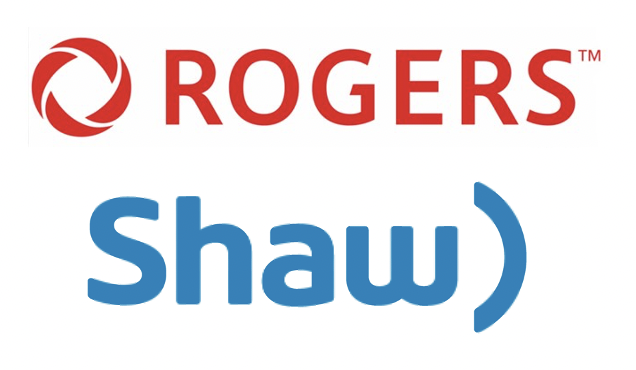
Officially filed application to Competition Tribunal seeking to block the merger
GATINEAU – The Competition Bureau has filed applications to prevent Rogers Communications from acquiring Shaw Communications, in part due to its findings that competition has already taken a hit since the announcement of the proposed merger.
“Following an extensive investigation, the Bureau determined that competition between Rogers and Shaw has already declined,” a press release says. “The Bureau’s position is that if the proposed merger is allowed to proceed, that harm will continue and may worsen.”
The investigation found before the merger was announced, “Shaw planned to enter new wireless markets, launch its 5G network, and expand its wireless services to businesses,” but that the company’s investment in its network has since declined and its “reduced marketing and promotional activity has resulted in an overall loss of competition in the market,” the press release says.
In its application to the Competition Tribunal, the Competition Bureau alleges “eliminating Shaw would significantly increase Rogers’ national market share – already the largest among the Big 3 – and would significantly increase its market power,” says the release. Furthermore, the application “alleges that removing a strong regional competitor like Shaw will likely result in consumers paying significantly higher wireless prices.”
“The Competition Bureau conducted a rigorous investigation of the proposed Rogers-Shaw merger and concluded that it would substantially prevent or lessen competition in wireless services,” said Matthew Boswell, Commissioner of Competition, in the press release.
“Eliminating Shaw would remove a strong, independent competitor in Canada’s wireless market – one that has driven down prices, made data more accessible, and offered innovative services to its customers. We are taking action to block this merger to preserve competition and choice for an essential service that Canadians expect to be affordable and high quality.”
The Competition Bureau investigated Rogers’ and Shaw’s wireless, wireline and broadcasting services, however its objections to the deal – which it seeks to block in full – as outlined in the press release and a backgrounder on the matter, are focused on the wireless component of the proposed merger.
In addition to asking for the merger to be blocked, the Competition Bureau is seeking an injunction to stop the deal from closing until its application can be heard.
As Cartt.ca reported this weekend, after being notified by the Competition Bureau of its intention to file an application opposing the merger, Rogers and Shaw issued a joint press release reiterating their commitment to the transaction and indicating their intention to oppose the application.
In the joint release, Rogers and Shaw pointed out they have been engaging in a process to sell Freedom Mobile to address concerns raised by both the Commissioner of Competition and ISED, which also needs to sign off on the deal before it can be completed.
(The CRTC has already given its approval for the broadcasting side of the merger – a decision which two consumer advocacy groups are asking the federal government to set aside.)
Rogers and Shaw now have 45 days to submit a response to the Competition Tribunal, and the Competition Bureau will have 14 days after that to reply to their response. There is no timeline for the Competition Tribunal to issue a decision.
In response to the Competition Bureau’s press release today, Rogers said in a statement they agree “there must be a continuation of a vibrant and competitive wireless market,” and reiterated they have engaged in the process of selling Freedom.
“We will continue to engage constructively with regulators to reach a resolution that allows us to bring the benefits of the merger to Canadians as soon as possible, including accelerated rural network builds, expanding our combined network coverage and fostering competition and choice in areas of the country that have only one provider today,” the statement says.
“We are also prepared to defend the Transaction before the Competition Tribunal, and we will be filing our formal response in due course.”


